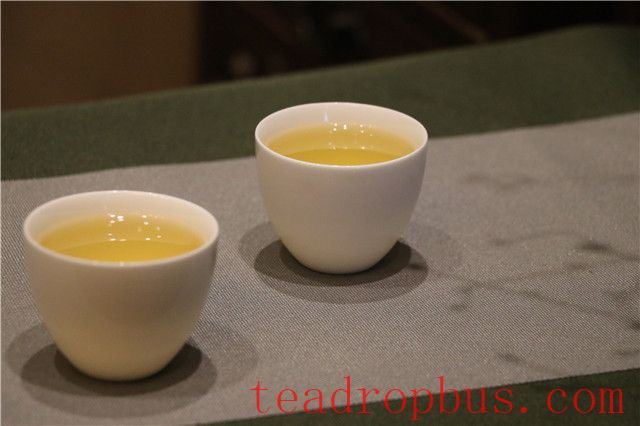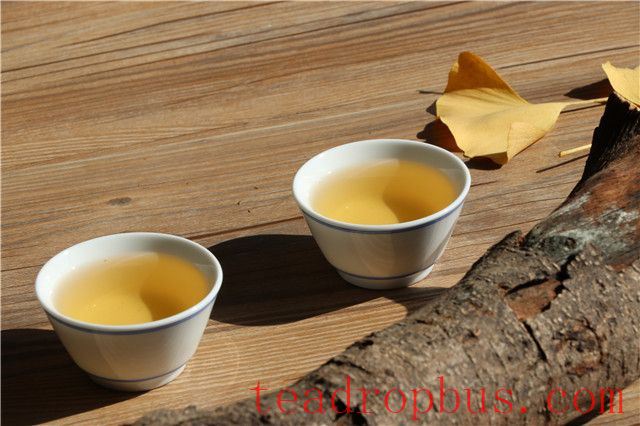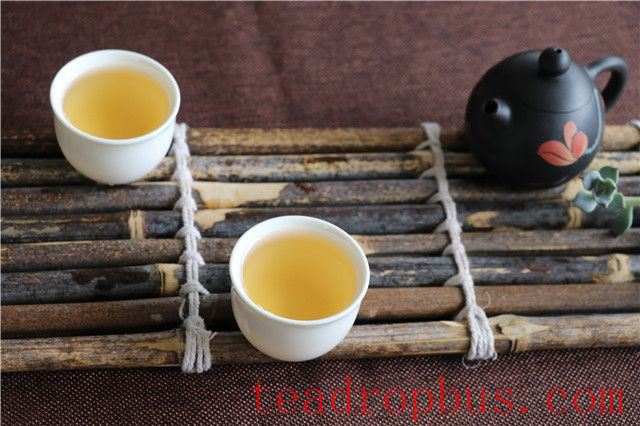Tea culture has a long and rich history, and many people enjoy Drinking Tea. Not only can they savor the aroma of the tea, but it also helps cultivate the mind and calm the spirit. Drinking tea is very beneficial for health; it can refresh the mind and body, and is rich in Vitamin C and Vitamin B1, which aids digestion and helps eliminate excess fat. The polyphenols in tea have excellent antioxidant properties that can slow down the aging process. Although tea has many benefits, there are some taboos to be aware of when drinking it. Let's explore these potential drawbacks.

Six Taboos of Drinking Tea: Don't Turn Health benefits into Health Hazards
1. Avoid Drinking Tea on an Empty Stomach or Before Bed
Drinking tea on an empty stomach can harm your stomach and cause dizziness and weakness, commonly referred to as “tea drunkenness.” However, you should also avoid drinking tea immediately after a meal, as this could put additional strain on your kidneys. It's best to drink tea about an hour after eating.
2. Avoid Excessive Consumption and Strong Tea
The saying goes, “Mildly brewed warm tea is most nourishing.”
Strong tea contains high levels of Caffeine and alkaloids, which are very stimulating. Long-term consumption of strong tea can not only lead to overexcitement and insomnia, but also place extra stress on the heart and kidneys. Additionally, it can irritate the stomach lining and inhibit the absorption of calcium, increasing the risk of disease.
3. Avoid Drinking Spoiled Tea, Burnt Tea, and Oversteeped Tea
Tea is prone to absorbing moisture and going moldy if not stored properly, yet some people, out of love for tea and frugality, may be reluctant to discard spoiled tea. Spoiled tea contains large amounts of harmful substances and bacteria, making it absolutely unsafe to consume.

If tea is steeped for too long, the polyphenols, lipids, and aromatic compounds in the leaves will oxidize automatically. This results in a dark, flavorless, and odorless infusion that loses its taste value. Furthermore, the vitamin C, vitamin P, and amino acids in the tea will decrease due to oxidation, significantly reducing the nutritional value of the tea. Additionally, since the tea is left sitting for too long, it becomes contaminated by its surroundings, and the number of microorganisms (bacteria and fungi) in the tea increases, making it unhygienic.
Tea that has been overcooked loses its nutrients and flavor.
4. Avoid Drinking the First Infusion and Overnight Tea
Modern tea production can be contaminated with pesticides, fertilizers, and dust during planting, processing, and packaging. The first infusion is essentially water used to rinse the tea, which should be quickly poured out and replaced with fresh hot water. This ensures that the resulting tea is the most hygienic.
A doctoral candidate from the Tea Research Institute stated that 80% of China's tea quality safety issues are related to pesticide residues. Pesticide residues in tea can not only cause chronic poisoning but also acute poisoning, especially posing a greater risk to children.
Overnight tea, due to the extended period the tea water is left, can lead to the proliferation of bacteria and turn into strong stimulants and oxidants that irritate the gastrointestinal tract, causing inflammation.
5. Avoid Drinking Cold Tea, Flavor-Tainted Tea, and Scalding Tea
Tea is best consumed warm and freshly brewed. Warm and hot tea can invigorate the mind, enhance sensory perception, and improve mental clarity. In contrast, cold tea can have a chilling effect and contribute to the accumulation of phlegm in the body.

It's best not to drink tea that has cooled down to prevent it from changing flavor and developing harmful substances. It's also advisable not to drink tea that is hotter than 56°C, as excessively hot tea can strongly irritate the throat, esophagus, and stomach. Long-term consumption of overly hot tea can potentially cause diseases in these organs.
Flavor-tainted tea refers to tea that has absorbed other odors after being stored together with items that have strong scents. Some of these odors may be toxic, such as paint or camphor smells.
6. Population Restrictions
Children, pregnant women, breastfeeding mothers, and individuals with high blood pressure should avoid drinking strong tea. People with liver disease, coronary heart disease, nervous disorders, anemia, and urinary calculi should not drink tea.
While tea comes in many varieties and is refreshing and beneficial, it is not without its taboos. To truly harness the health benefits of tea, one must understand both its positive effects and its limitations. Being aware of these taboos can help maximize the effectiveness of tea in nurturing both body and mind. Specifically, the taboos of drinking tea include avoiding overly strong tea, drinking tea left overnight, consuming cold tea, drinking tea with medication, drinking tea on an empty stomach, and drinking tea immediately after meals.